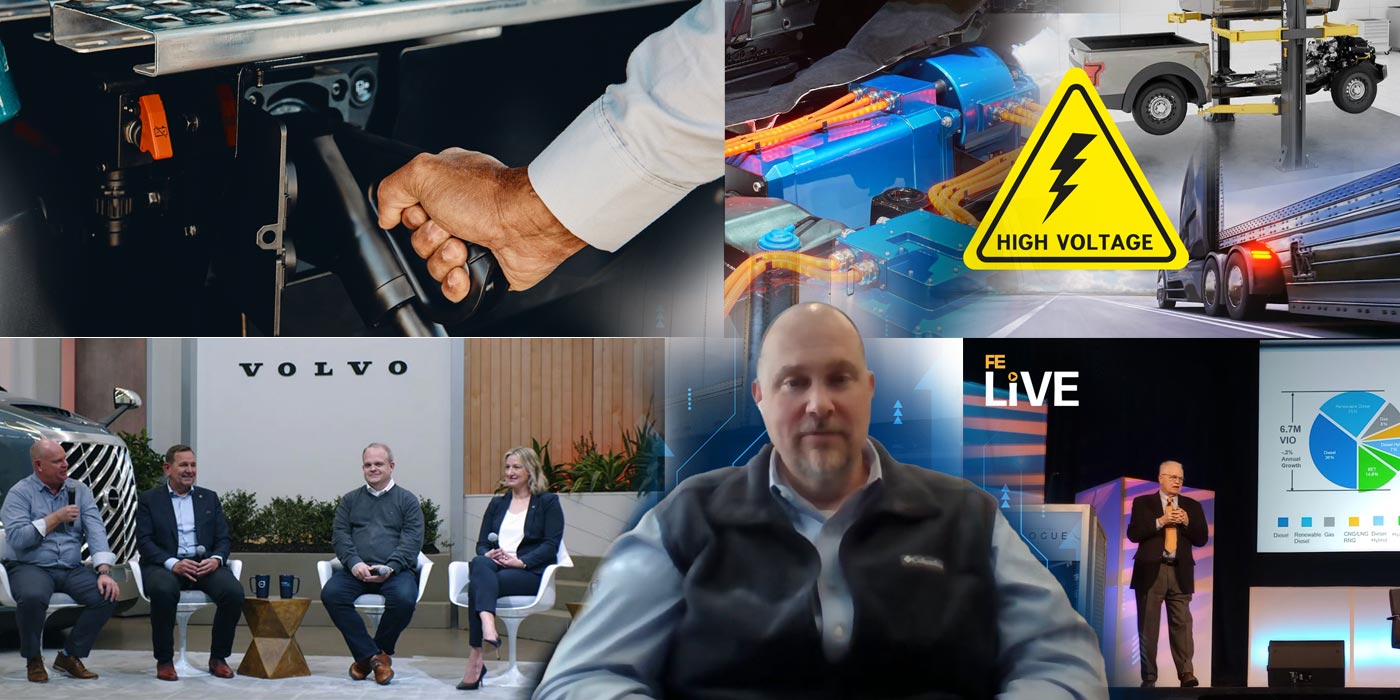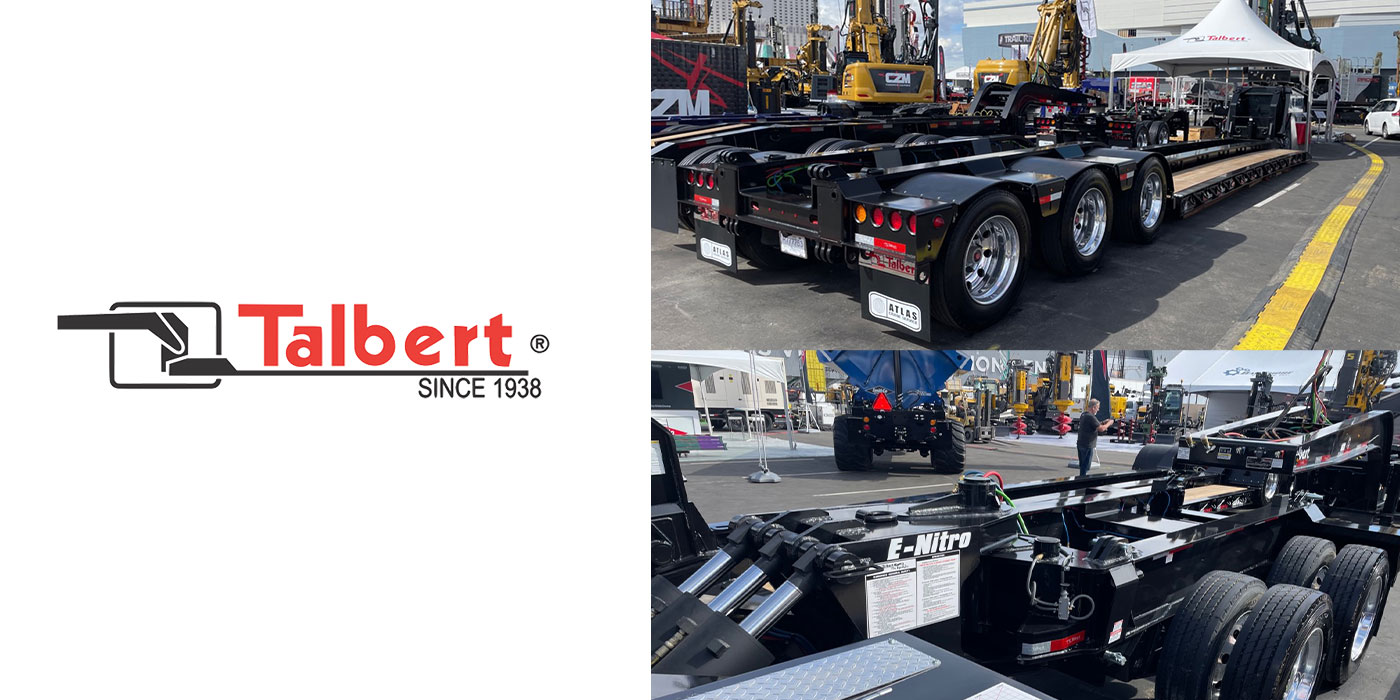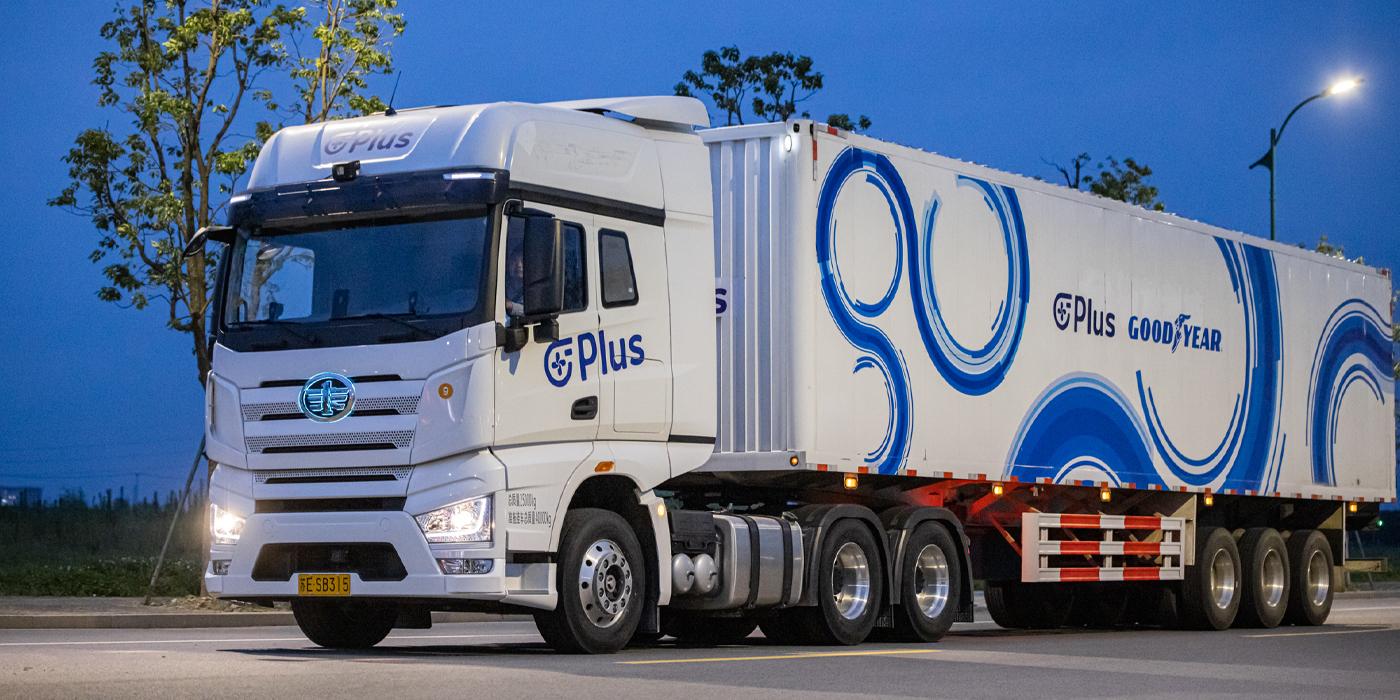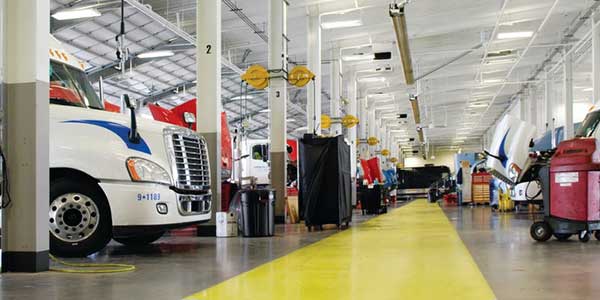While diesel is expected to remain the dominant fuel type used in commercial vehicles for the foreseeable future, truck and engine manufacturers are actively exploring alternative fuels that offer enhanced fuel efficiency, can be used to help reduce greenhouse gas emissions and lower dependence on non-renewable energy sources.
One example of this activity was an August 2007 demonstration by the Volvo Group, the parent company of Mack Trucks and Volvo Trucks North America. Displaying seven trucks, each powered by a different non-carbon dioxide emitting renewable fuel, the company showcased alternatives that could be used by North American fleets in the future.
On that list were the following fuel types:
• Biodiesel produced from vegetable oils
• Biogas comprised of hydrocarboned methane that can be extracted in sewage treatment works, at garbage dumps and other sites
• Biogas + Biodiesel combined in separate tanks and injection systems
• DME (Dimethyl ether) gas that is produced through the gasification of biomass, including that originating in paper manufacturing
• Ethanol/Methanol (methanol is produced through the gasification of biomass and ethanol through the fermentation of crops rich in sugar and starch) blended together
• Synthetic Diesel, a mixture of synthetically manufactured hydrocarbon produced through the gasification of biomass mixed with conventional diesel fuel
• Hydrogen Gas + Biogas, a mixture of hydrogen gas with compressed biogas
Already in use powering truck engines are compressed natural gas (CNG), liquid natural gas (LNG) and liquid propane gas (LPG). CNG is stored on vehicles in a tube-shaped compressed gas cylinder. LNG, natural gas cooled into a liquid form that takes up less space to transport and store, is often used for longer-range applications. LPG, a bi-product of natural gas processing and petroleum refining, is also used because it liquifies at relatively low pressures.
Cummins Westport Inc., a joint venture between Cummins and Westport Innovations, offers natural gas engines for medium- and heavy-duty trucks and buses. The engines, which meet U.S. Environmental Protection Agency (EPA) and California Air Resources Board (CARB) emissions standards, are in use by over 75 city fleets where they have provided millions of miles of service.
The Cummins Westport offerings include the 8.9-L ISL G, which is available in 250, 260, 280, 300, and 320 HP ratings. The ISL G is capable of operating on CNG or LNG, as well as biomethane that meets fuel specifications. Common applications are heavy-duty refuse and dump, medium-duty trucks, and urban buses. The ISL G will replace the L Gas Plus and C Gas Plus natural gas engines in North America.
The B Gas Plus Cummins Westport engine is a 5.9-L six-cylinder natural gas engine that will be available in North America through 2009. Certified to EPA and CARB 2007 standards, the engine delivers up to 230 HP for use in shuttle buses and medium-duty trucks. The company also offers the 195-HP B LPG plus 5.9-L six-cylinder propane engine for pickup and delivery trucks, step vans, street sweepers and other medium-duty applications.
Coming of age
Hybrid technology for heavy-duty trucks is now coming of age. Recently, ArvinMeritor announced that Wal-Mart Stores is operating a prototype heavy-duty truck equipped with the first Meritor diesel-electric drivetrain. Wal-Mart will test and evaluate the vehicle in regular linehaul service throughout 2009.
The Meritor dual-mode hybrid drivetrain, developed in collaboration with Navistar and Cummins, is comprised of a motor/generator unit, high capacity lithium-ion batteries and a power-management system. Under 48 MPH, vehicle propulsion is delivered entirely through the battery-powered electric motor. The batteries are recharged through regenerative braking and/or an engine-driven generator. As the vehicle approaches highway speed, the drivetrain phases to a diesel-powered system with the electric motor providing power only as required.
A key differentiator of the Meritor system, according to the company, is its ability for zero-emissions over a wide range of vehicle driving conditions. This allows the truck to operate in places where emissions are restricted, like ports or urban areas. Additionally, the batteries provide continuous power for hotel loads during overnight rest periods, eliminating the need for engine idling.
Mack Trucks recently delivered its fifth diesel-electric hybrid refuse truck to the U.S. Air Force (USAF) Advanced Power Technology Office (APTO). The TerraPro Low Entry refuse model is equipped with a 325 HP 2007-compliant Mack MP7 engine. The Mack hybrid electric powertrain features an integrated starter, alternator and motor that assists the MP7 in providing torque to the wheels and regenerates energy during braking. The energy captured during braking (stored as electricity in lithium-ion batteries) is then used in place of diesel to help launch the truck from stops.
The Mack TerraPro hybrid truck has undergone extensive testing including several thousand accumulated miles of operation. After APTO reviews and tests the truck, they will provide it to the City of Macon, Ga., for continued testing in its municipal waste collection operation.
The Volvo Group is introducing its fourth-generation hybrid solution for use in trucks. The OEM has been testing various types of hybrid solutions since the 1980s and first unveiled a commercial system for heavy vehicles in 2006. Volvo’s solution is based on a concept known as I-SAM (Integrated Starter, Alternator Motor) that employs an electric motor and a diesel engine in parallel so either system can be used in the areas where it is most effective.
The Eaton hybrid system is already widely available for many medium-duty trucks. Commercial vehicle fleets with Eaton hybrid systems have accumulated more than 12 million miles of service. Delivery vehicles with the Eaton system are being used by companies such as
Fed Ex, UPS, Coca-Cola and Pepsi, to name a few. Work trucks with Eaton hybrid power are also in service at dozens of utility and telecom companies across North America.
Models from Freightliner, International, Kenworth and Peterbilt are offered with the Eaton hybrid system. Included are Freightliner Business Class M2e and M2 106 Hybrid drop frame trucks, the International DuraStar Hybrid, Kenworth T270 and T370 models, and Peterbilt Model 330 and Model 335 hybrid electrics.
The impetus to operate alternatively powered commercial vehicles is growing. Recently, under the EPA’s Diesel Emission Reduction Act (DERA), $156 million in grants was made available for diesel hybrid trucks. The funding for up to 25% of the cost of a new hybrid truck came from the American Recovery and Reinvestment Act (ARRA) that allowed fleets to purchase multiple trucks as long as an existing diesel truck was taken out of service for each new hybrid.
Combining DERA funding with an IRS tax credit and the fuel and operating savings of a hybrid versus a conventional diesel truck, the cost of a new diesel hybrid truck is estimated by EPA as about the same as a conventional new truck over a five-year period. For more information about the EPA’s DERA program, visit www.epa.gov/cleandiesel.
RydeGreen
Ryder’s approach to improving fleet fuel efficiency and helping reduce the carbon footprint of trucks and tractor-trailers is the company’s RydeGreen program. One of the vehicles offered is the DuraStar hybrid from International that employs diesel-electric hybrid engine technology. Its range of applications includes beverage and refrigerated food distribution, package pick-up and delivery, local and regional government transportation, and utility operations. The RydeGeen program also includes Freightliner sleeper-equipped Columbia and Century tractors equipped with a host of fuel saving technologies, and several “green” trailers with a variety of options to increase fuel savings.
RETROFIT ALTERNATIVES
Available to fleets in the fourth quarter of 2009, the Syngas DPF (Diesel Particulate Filter) emission control system from NxtGen is designed for intra-city medium-duty trucks where daily regeneration of particulate filters is impeded by low operating temperatures. Syngas technology utilizes a non-catalytic generator to produce syngas for use in actively regenerating diesel particulate filters.
The use of syngas, the company says, is superior to diesel fuel for DPF regeneration because it is highly reactive and combusts at a lower temperature, which translates into reduced fuel consumption. Syngas DPF can be retrofitted with no change to engines or controls. Field trials are taking place on medium-duty trucks in several fleets in 2009.
NxtGen will also be offering Syngas LNT (Lean NOx Trap) as a retrofit diesel emission control system. The system, the company says, eliminates the complexity and cost of SCR by not requiring urea, on-board storage tanks, heaters or injectors. A combined system, Syngas DPF+LNT, is also under development and recently completed engine test cell trials. Field trials are set to begin in the third quarter of 2009 and the system will be available in 2010.




